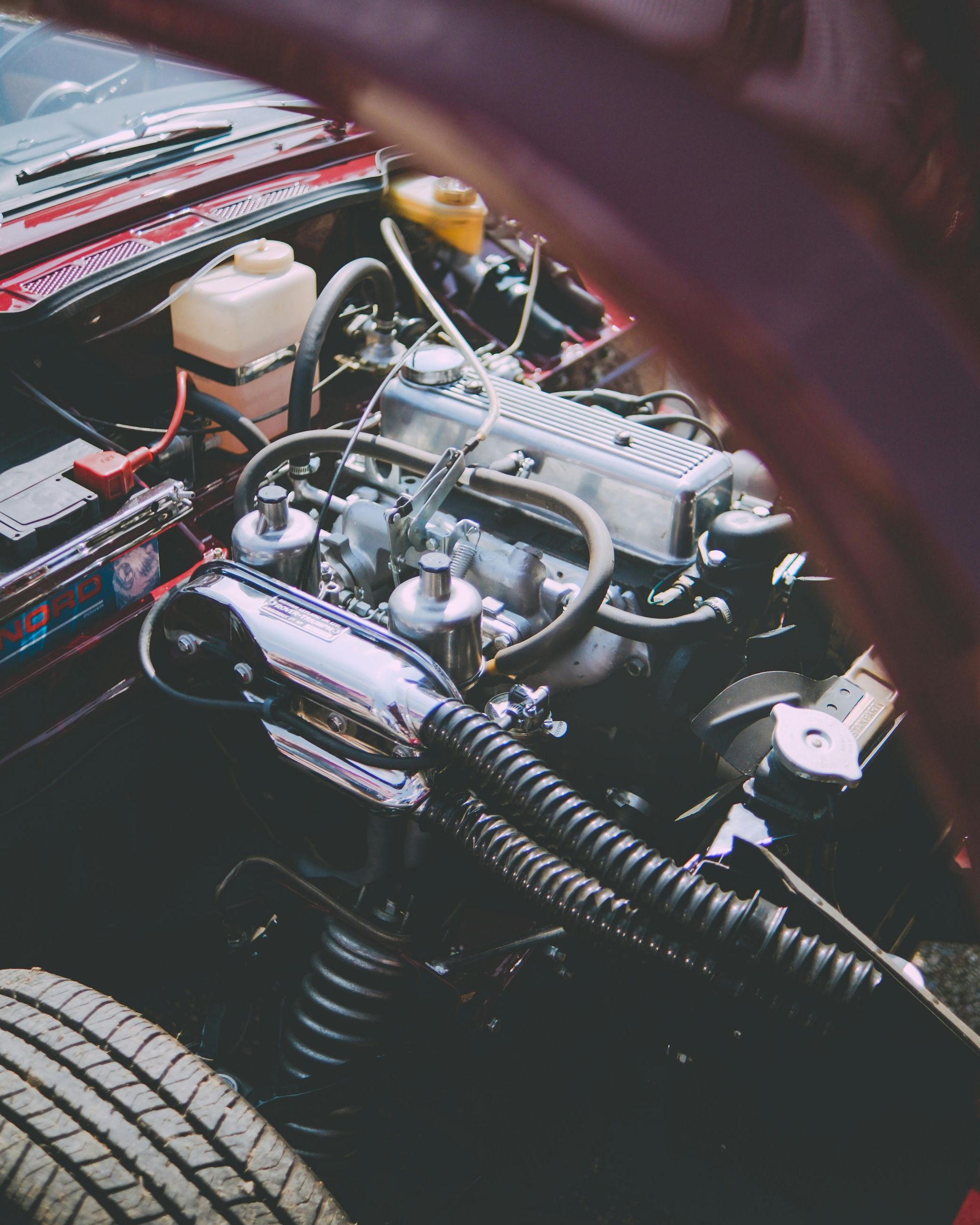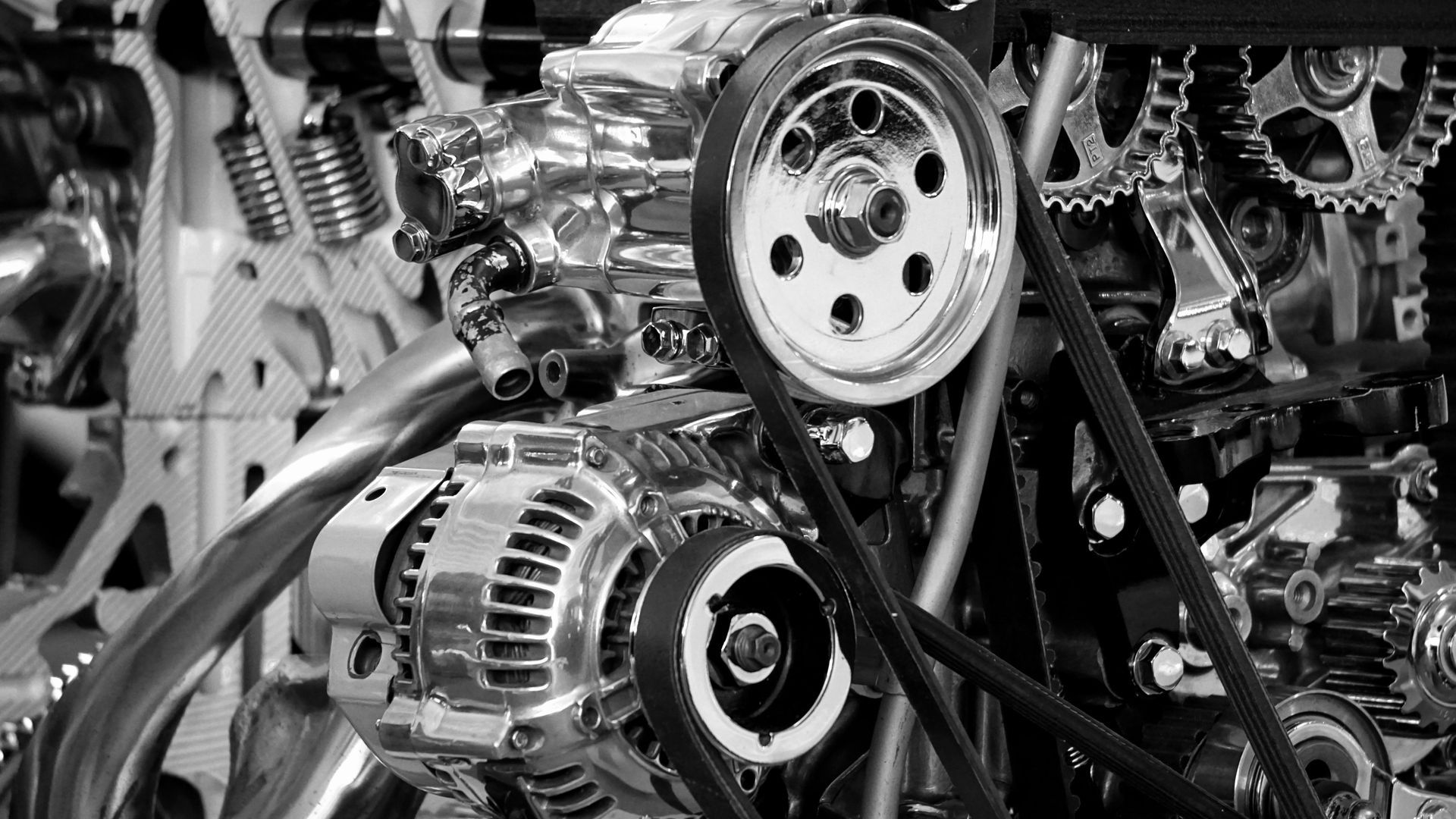There’s a lot to love about European cars: cutting-edge engineering, great build quality, sporty handling, and of course, that European aesthetic that’s easy to spot and hard to beat.
But one issue that tends to plague European vehicles is carbon build up—particularly in brands like Audi, BMW, Volkswagen, and Mercedes-Benz.
Car carbon build up can affect performance, fuel efficiency, and even engine longevity, especially in vehicles with direct injection engines.
For drivers in Nashville, understanding carbon build up in your engine and how to deal with it is key to keeping your European car running at its best.
What Is Carbon Build Up?
Carbon build up refers to the accumulation of carbon deposits on your engine’s intake valves and other internal components.
In direct injection engines—common in many European vehicles—fuel is injected directly into the combustion chamber, bypassing the intake valves.
Without the cleaning action of fuel washing over them, intake valves are more prone to collecting oil vapor, soot, and other contaminants.
Over time, this build up hardens and restricts airflow into the engine, leading to various drivability issues.
Signs of Carbon Build Up in European Cars
- Rough idle
- Reduced acceleration or throttle response
- Poor fuel economy
- Engine misfires
- Illuminated check engine light
If you're noticing any of these symptoms, it could be a sign that your intake system needs cleaning.
How to Prevent or Remove Carbon Build Up
1. Regular Maintenance
Keeping up with oil changes and using high-quality fuel can reduce the rate of build up. Some fuels contain detergents that help minimize carbon deposits.
2. Fuel System Cleaners
Using a fuel system cleaner designed for direct injection engines can help, although it won’t reach the intake valves directly. Still, it may reduce carbon in other areas of the system.
3. Walnut Blasting
The most effective way to remove existing carbon build up in your engine is through a process called walnut blasting. This involves blasting crushed walnut shells into the intake ports to safely remove hardened carbon without damaging the engine.
4. Catch Can Installation
An oil catch can traps oil vapors before they reach the intake system, helping reduce the source of carbon deposits. This is a common aftermarket solution for enthusiasts and high-mileage vehicle owners.
Trust a European Vehicle Specialist in Nashville
Carbon build up is a known issue, but it doesn’t have to ruin your driving experience.
At Import Specialty Service, we can help you prevent carbon build up through regular maintenance and work with you to remove any carbon build up that has already occurred.
Whether your car needs a carbon build up service or preventative care, our team has the experience and tools to keep your engine clean and responsive.
Noticing performance issues or engine misfires?
Schedule a carbon cleaning service for your European vehicle today.










